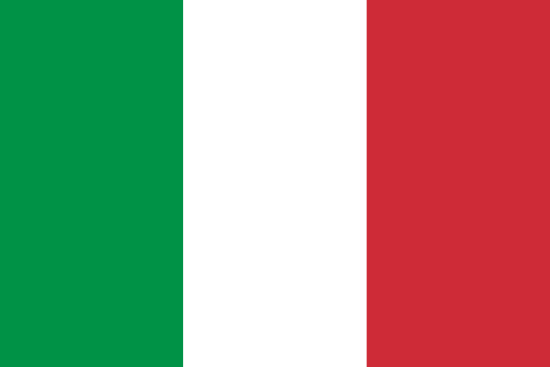"La città degli innamorati | The city of lovers"
About:
Verona, a city in Northern Italy, was founded by an ancient tribe, the Euganei, in the 1st millennium BC. It flourished under Roman rule, with structures like the Verona Arena still standing today. The city saw periods of Ostrogothic, Lombard, and Frankish rule, before becoming an independent commune in the 12th century. Verona was ruled by the Scaliger family in the 13th-14th centuries, then by Venice until the late 18th century. It became part of Italy in 1866. Today, Verona is a UNESCO World Heritage site.
When to visit:
Verona, a picturesque city in northern Italy, is a delightful destination for visitors seeking a mix of history, culture, and romance. The ideal time to visit Verona is during the spring and early autumn months when the weather is mild and comfortable. This period allows travelers to explore the city's charming streets, historic sites such as the Verona Arena and Juliet's House, and enjoy outdoor activities along the Adige River. Additionally, visiting during the summer months offers the opportunity to attend the world-renowned Verona Opera Festival held in the ancient Roman amphitheater.
When to avoid:
Verona, a charming city in northern Italy, experiences its peak tourist season during the summer months, particularly in July and August. During this time, the city can become crowded with visitors, leading to long lines at popular attractions and higher prices for accommodations. Additionally, the hot and humid weather in the summer can be uncomfortable for some travelers. It is advisable to avoid traveling to Verona during major holidays, such as Christmas and Easter, as these periods also see increased tourist activity and may result in limited availability of tours and accommodations.
Winter (Dec-Feb)
During Verona's winter months (December to February), the city experiences its coldest and wettest period. Average temperatures hover around 3-8°C, sometimes dipping below freezing. Snowfall is occasional but rainfall is more common, with monthly averages of 50mm. Overcast skies are frequent, reducing daily sunlight hours to 3-4. An average day for a visitor might involve brisk walks under grey skies, with a chance of rain or snow. Despite the chill, the city's charm remains, offering a different, more serene side of Verona. Indoor attractions like museums and cafes become particularly appealing.
"Verona Summer (June-August)"
In Verona, Italy, the warmest part of the year typically falls between June and August. During this period, average high temperatures range from 27°C (80°F) to 30°C (86°F). Rainfall is relatively low, averaging around 60-70mm per month, making summer the driest season.
The city enjoys an average of 9 to 10 hours of sunshine per day, offering plenty of daylight for sightseeing. Humidity is moderate, usually around 60-70%, which can make the heat feel more intense, especially during the afternoon. Cloudiness is generally low, with clear or partly cloudy conditions prevailing most of the time.
A typical day for a visitor during this period would start off cool in the morning, gradually warming up to hot in the afternoon. The weather is generally sunny and dry, perfect for outdoor activities or exploring the city's historical sites. However, it's advisable to carry water and use sun protection due to the intensity of the sun and the moderate humidity. Evenings are warm and pleasant, often enjoyed by locals and tourists alike in the city's many outdoor cafes and restaurants.
Language:
In Verona, Italy, the most commonly spoken language is Italian. However, due to its status as a global tourist destination, English is also widely understood and spoken, particularly in the hospitality industry. Additionally, the city's diverse population means languages like German, Spanish, and French may also be heard.




